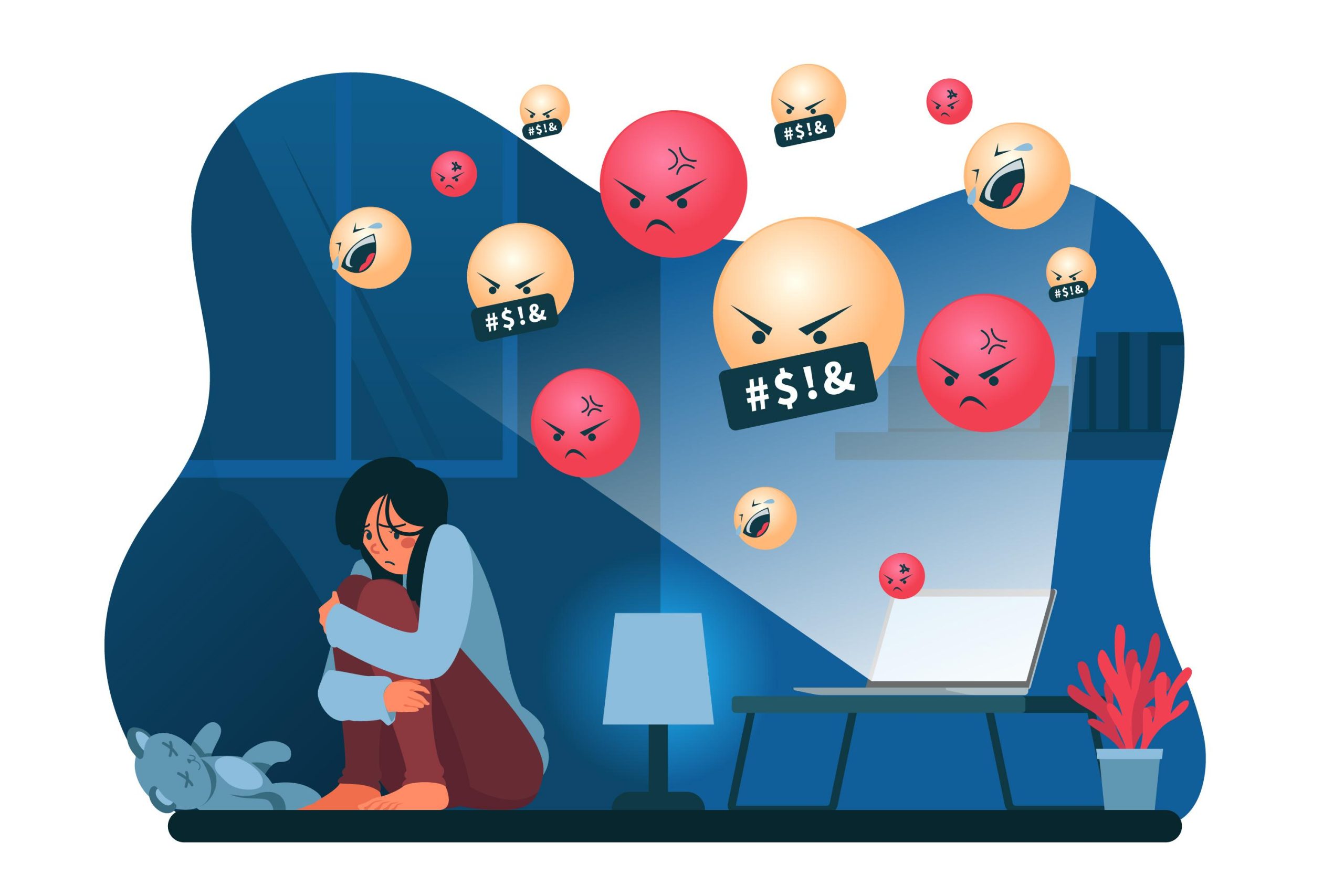Anxiety attacks can feel overwhelming at night. The quiet makes our thoughts seem louder, leading to more distress. This article will share ways to cope with these attacks and regain control. It’s key to understand how to manage anxiety at night for better sleep and emotional health. You’ll learn about the nature of these attacks and how to lessen their impact.
Key Takeaways
- Anxiety attacks at night can disrupt your sleep and well-being.
- Effective coping strategies for anxiety attacks can restore control.
- Understanding nighttime anxiety is the first step in managing it.
- Deep breathing and calming routines are crucial for relief.
- Grounding techniques can help you stay present during anxiety attacks.
Understanding Anxiety Attacks and Their Impact on Sleep
Anxiety attacks can really mess up your day and your sleep. It’s important to know the symptoms of anxiety attacks, especially at night. This knowledge helps you handle the stress better.
The Symptoms of Anxiety Attacks at Night
At night, people may feel anxious in different ways. Some common signs include:
- Heart palpitations
- Shortness of breath
- Excessive sweating
- A pervasive sense of impending doom
These symptoms can make sleeping hard, leading to more restlessness and anxiety. People with nighttime anxiety might struggle to relax, making sleep hard to come by.
How Nighttime Anxiety Differs from Daytime Anxiety
Knowing the difference between nighttime anxiety vs daytime anxiety is key. Nighttime anxiety often includes:
- A lack of distractions, making worries more intense
- Feeling more vulnerable in quiet hours
- More overthinking because of the night’s stillness
While both kinds of anxiety can be tough, the quiet night can make feelings stronger. This makes nighttime anxiety worse for many people.
| Symptoms | Nighttime Anxiety | Daytime Anxiety |
|---|---|---|
| Heart Palpitations | Common | Less common |
| Shortness of Breath | Common | Occasional |
| Excessive Sweating | Possible | Less likely |
| Sense of Impending Doom | High | Moderate |
Effective Strategies to Manage Anxiety Attacks
There are several ways to manage anxiety attacks. Doing things that help you relax and stay mindful can ease your symptoms. Here are some methods to help with nighttime anxiety.
Practice Deep Breathing Techniques
Deep breathing can calm your mind and body during an anxiety attack. Focus on slow, deep breaths to lower your heart rate and relax. Try the 4-7-8 technique: breathe in for four counts, hold for seven, and breathe out for eight.
This method can help you feel more in control when you’re anxious.
Establish a Calming Bedtime Routine
A calming bedtime routine is key to getting ready for sleep. You can read, meditate, or stretch gently to help you relax. Avoid screens before bed, as they can make it hard to unwind.
Doing things consistently can make it easier to fall asleep.
Utilize Grounding Techniques to Stay Present
Grounding techniques are great for bringing you back to the moment. They focus on what you can see, hear, touch, taste, and smell. Simple things like noticing the texture of your clothes or the sounds around you can help.

| Technique | Benefits | How to Implement |
|---|---|---|
| Deep Breathing | Reduces heart rate, calms nervous system | Practice 4-7-8 technique |
| Calming Bedtime Routine | Creates a peaceful sleep environment | Engage in reading or light stretching |
| Grounding Techniques | Helps regain focus and reduces panic | Use sensory experiences to anchor awareness |
Conclusion
Managing anxiety at night is key to better sleep and emotional health. Knowing the signs and patterns of nighttime anxiety helps people act early. With the right methods, it’s possible to feel calm at night and lessen anxiety’s effect on health.
Deep breathing, a calming bedtime routine, and grounding techniques are key for fighting night anxiety. These methods help deal with anxiety attacks and give back peace and control.
Even though anxiety can feel huge, there are ways to cope. Getting help from mental health experts can offer more tools and strategies for managing anxiety over time. This ensures people can handle anxiety attacks as they happen.
FAQ
What are the common symptoms of anxiety attacks at night?
Nighttime anxiety attacks can cause heart racing, shortness of breath, and sweating. You might also feel trembling, dizziness, and a sense of doom. These symptoms can make it hard to sleep and affect your well-being.
How do anxiety attacks at night differ from those during the day?
Nighttime anxiety attacks can be more intense and have different triggers than daytime attacks. Without distractions at night, worries can take over, making anxiety worse. Many people find their anxious thoughts get worse when they try to sleep.
What techniques can help manage anxiety attacks when they occur at night?
To manage nighttime anxiety attacks, try deep breathing exercises to calm down. Also, having a calming bedtime routine and using grounding techniques can help. These methods focus on the present, taking your mind off overwhelming thoughts.
What role does sleep quality play in anxiety management?
Good sleep is key to emotional health and affects how bad anxiety attacks can be. Bad sleep can make anxiety worse, starting a cycle where anxiety disrupts sleep, causing more anxiety. So, improving sleep habits is crucial for managing anxiety attacks.
Should I seek professional help for managing anxiety attacks at night?
Yes, getting help from mental health experts is a good idea if you often have anxiety attacks at night. They can offer specific strategies, cognitive-behavioral therapy (CBT), and may suggest medication to help you cope with anxiety.

